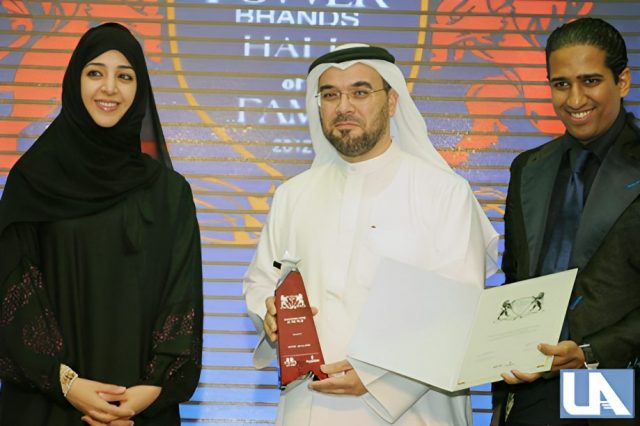Family Lawyer in Dubai
Family Lawyer in Dubai
Our law firm specializes in family law comprehensively and represent clients for the below legal aspects/procedures in family matters before courts in the UAE.
Mediation and Family Conciliation:
Mediation and Family Conciliation are alternative dispute resolution methods utilized in family law to help parties in resolving conflicts related to family matters in a collaborative and amicable manner. In cases of divorce, child custody disputes, property division, or other family-related conflicts, mediation and family conciliation provide an opportunity for family members to engage in open communication, facilitated by a neutral third-party mediator or conciliator.
Divorce and Settlement:
Divorce and settlement refer to the legal process of ending a marriage and reaching agreements on various issues such as property division, child custody, visitation rights, child support, and alimony. Divorce involves the dissolution of a marital union, while settlement negotiations aim to resolve disputes and establish terms for the division of assets and responsibilities between the divorcing parties. These processes are governed by family law regulations and seek to provide fair and equitable resolutions for all parties involved in the dissolution of a marriage.
Child Custody:
Child custody is a vital aspect of family law that pertains to the legal and practical decision-making authority over a child’s upbringing and welfare. In cases of divorce, separation, or parental disputes, courts intervene to determine which parent or guardian will be granted custody and visitation rights. The primary concern is the child’s best interests, taking into account factors like the child’s emotional and physical well-being, parental capabilities, and stability of the living environment. Family law attorneys play a crucial role in advocating for their clients’ parental rights while safeguarding the welfare of the child involved in the custody proceedings.
Alimony / Maintenance:
Alimony or maintenance refers to the financial support provided by one spouse to the other following a divorce or separation. It is typically awarded when one spouse earns significantly more than the other or when one spouse is economically dependent on the other during the marriage. The purpose of alimony is to help the economically disadvantaged spouse maintain a reasonable standard of living after the end of the marriage. The court considers various factors, such as the length of the marriage, the financial needs and abilities of both spouses, and any sacrifices made during the marriage when determining the amount and duration of alimony payments. The aim is to achieve a fair and equitable outcome that considers the specific circumstances of each case.
Inheritance / Succession:
Inheritance, or succession, refers to the legal process through which the assets, properties, and rights of a deceased individual are transferred to their heirs or beneficiaries. This area of family law governs the distribution of the deceased person’s estate, including money, real estate, personal belongings, and other valuable assets, based on either the deceased’s will (testate succession) or the law of intestacy (intestate succession) when no valid will exists. The rules and regulations surrounding inheritance can vary significantly between jurisdictions, and they often aim to ensure a fair and orderly transfer of wealth and property among family members or designated beneficiaries in accordance with the deceased’s wishes or applicable laws.
Drafting and Registration of Wills:
Drafting and Registration of Wills in the UAE” involves the legal process of creating and formalizing wills, which are crucial documents outlining the distribution of a person’s assets and inheritance after their passing. This area of law is essential for individuals to safeguard their family’s future and ensure their wishes are properly executed according to the laws and regulations of the United Arab Emirates. Drafting and registering wills in the UAE can help prevent potential disputes and ensure a smooth transfer of assets to beneficiaries, providing peace of mind and protection for family members during challenging times.



